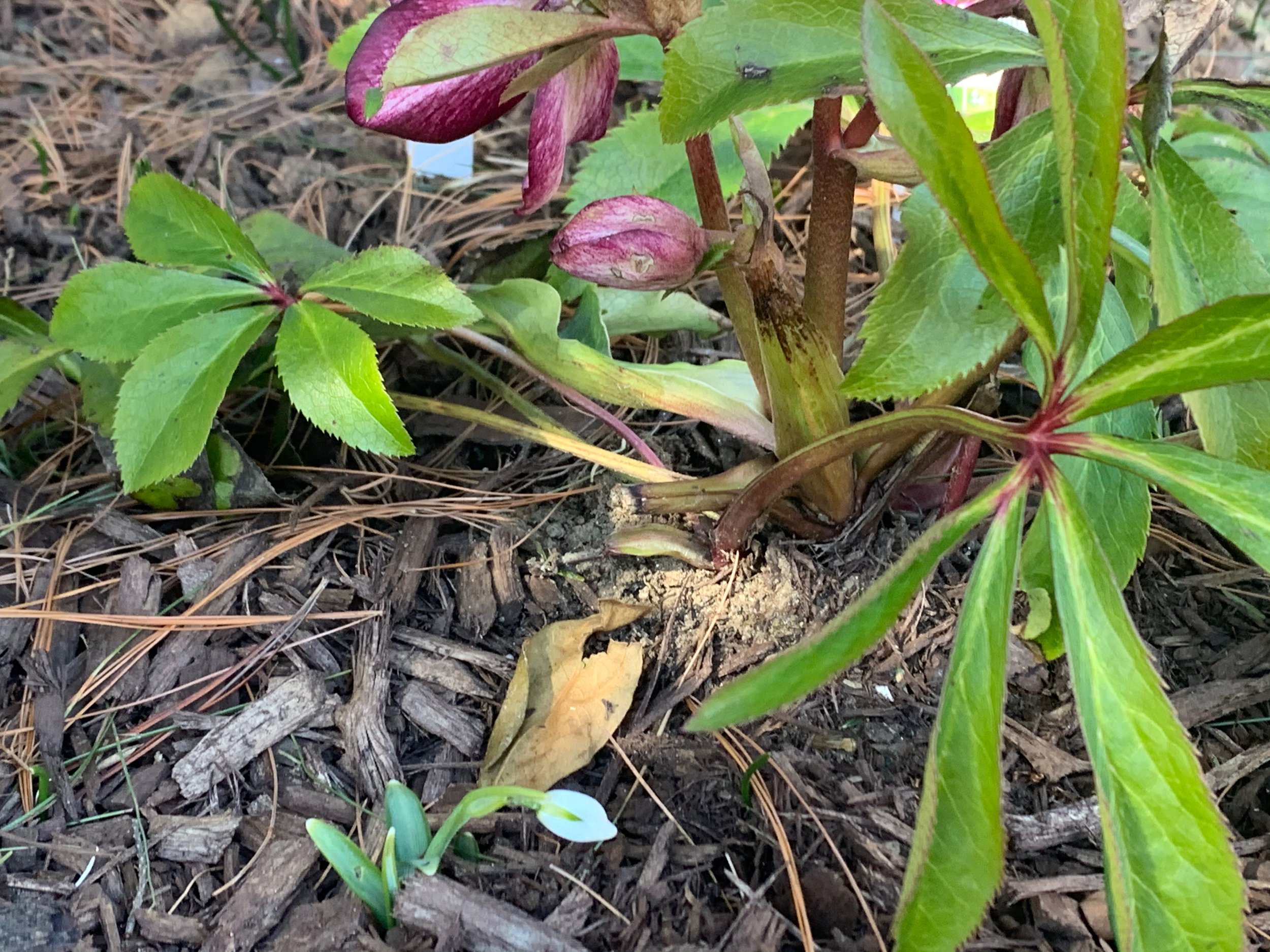One of the happy unintended consequences of the decade that psychology training requires are all the wonderful people you meet and all the ways these people change who you are and the way you see the world. I was lucky to have wonderful supervisors and clients who were my teachers about healing and growing. Supervisors who helped slow me down from the achievement zip-line that the educational track had me on—with one supervisor famously imploring me to ‘get a B’ that semester—to shift my view from perfection to really feeling and understanding what was happening—to allowing the messiness that is necessary for learning and growth. And another supervisor who helped me hear the ‘other conversations’ that the kids were having as they played with me. To listen to the melody, not just the lyrics.
But training in psychology (or medicine) is also a team sport: you are always with other trainees—other colleagues with you on the learning journey—and it’s less apparent sometimes in the moment to know what you are learning from them—other than them being fellow survivors of the hundred hour work weeks, looming dissertations or under-resourced health systems.
But as I drove north today in what turned out to be more traffic than I wanted, I heard the phrase in my head, ‘Even Better.’ And I smiled, because this phrase was entirely the gift of my fellow Post-doc Julianne.
This phrase came from Julianne’s mother. As Julianne taught me: whenever her mother would run into something that normally would make someone annoyed or angry—her mother would survey the situation and say, “Even better.” And she would find that even better.
The story that encapsulated this approach as I remember it 20 years later was a time when Julianne, her mom and her sibling were taking a bus to a family event—a birthday party or a baby shower—and they got off the bus –and they were lost. They had taken the wrong bus. They were far away from where they were supposed to be and too late to get back on the bus and get there in time. As it turned out, the bus stop where they got off was actually the bus stop for the zoo. So her mom said, “even better, let’s go to the zoo.” And that’s what they did.
Of course --not every disappointing or difficult situation can be seen through the lens of ‘Even better.’ That’s not my expectation or why I am sharing this story. There are lots of situations that are dire, unjust, tragic and dangerous for which you would never say, ‘even better.’ Nor do I think people shouldn’t feel annoyed or disappointed. I don’t think anything is wrong with feeling your feelings. But I do think that there is a lot of expectation in our lives that things should happen smoothly, or effortlessly, or that they should turn out a certain way. That we are supposed to plan, organize or be efficient enough for nothing ever to not go as planned. And we can find ourselves buried under disappointment or anger that we are in that situation for much longer than the event deserves.
‘Even better’ is a shift of figure and ground. Life doesn’t happen the way you wanted or expected. It doesn’t happen the way you hoped—you take the wrong bus or you get re-routed on your drive. The materials don’t show up for the program. Or the internet doesn’t work and you have to run it over a cell phone. More people show up for dinner than you planned and you turn your dinner into a casserole. Or, as happened to me this spring—my flight from a work event got cancelled and rebooked for three days later—so I had to reconfigure my work and plans that were supposed to happen the next three days. I was stressed and anxious. But then a colleague who lived in the city where I was stranded called me the next day and had found a place to rent bicycles—and I spent an afternoon riding bikes with a friend on a bike path—something I would never have done that week, so -- even better.
And today I smiled and thought of it as the traffic slowed to a halt and I could feel the rising frustration: I should have left earlier. I should have taken a different route. But when I heard ‘even better’ in my head—it quieted those voices. It made me take a deep breath and look around. And when I did I noticed I was in a beautiful part of the Hudson Valley. I looked at the mountains nearby. The green. The blue sky. And took in the landscape the way I usually take it in when I am hiking, or the way you take it in when you purposely pull in to one of those places that signal ‘scenic views.’ It was right there all the time, but the busy moving traffic had me paying more attention to the road and other cars. But stopping was actually even better: I got to be where I was.
© 2022 Gretchen L. Schmelzer, PhD
*And if you want a fabulous book that does a figure-ground shift on time and time management, I highly recommend Four thousand weeks: Time Management for mortals by Oliver Burkeman




